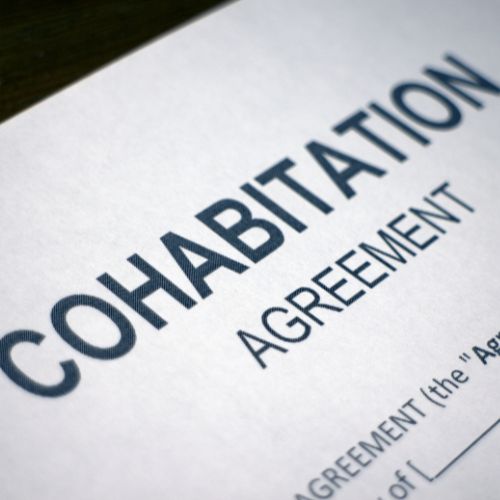One
common scenario, in which we are asked to help, is a when a couple co-habit in
a house which is registered in the name of only one of those parties and the
other is seeking to establish a claim in the equity in that property. In this
situation, the onus will be on the party who is attempting to argue that they
have an equitable interest in the property to establish their claim. Once the
claim has been established, the extent of that party’s claim must be
quantified.
To
establish an equitable interest, the party seeking to make the claim must be
able to prove either a direct financial contribution to the property, or
alternatively, that they have indirectly contributed to the property, for
example, by paying household expenses or contributing to childcare. Once that
has been established, the claimant must also demonstrate that it was the common
intention of the parties to share the property for the benefit of both.
A common intention can
be proved either expressly, or alternatively, an inference can be drawn from
the conduct of the parties. The question of what conduct is required to prove a
common intention is an area of some debate, as the case law varies in this
regard. On the one hand, it has in the past been argued that nothing less than
a direct financial contribution will suffice. More recently however, in the
case of Stack v Dowden in the House of Lords, the Judges took the
approach that the ‘whole course of dealings’ between
the parties should be looked at. It was further clarified that by looking at
the whole course of dealings between the parties, the court should be concerned
with establishing the parties’ intentions, rather than ascertaining what would
be fair.
Many
of those involved in this area of law believe that reform is long overdue,
given that the principles of property law in these cases often do not tally
with the social scenarios they attempt to formulate. A report by the Law
Commission in July of this year suggested that cohabiting couples should not
have the same rights as married couples, but that in certain cases they should
be able to make a claim for financial compensation after a break up, based on
what contributions they made to the relationship. The government is now
considering those recommendations.
If you
are intending to purchase a property with a partner, seek legal advice before
entering into such an arrangement; clarify your options as to how best to
protect your respective interests; confirm your intentions with your partner as
to what should happen should things go wrong and speak to your solicitor about
how best to formalise those intentions. Doing so could help lessen the
necessity for any future litigation in the unfortunate event of a relationship
breakdown.

